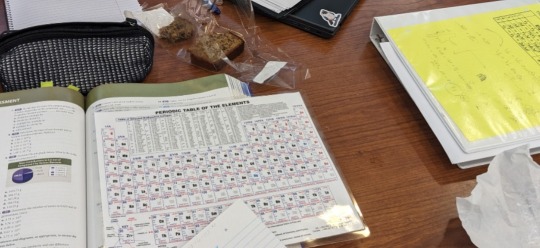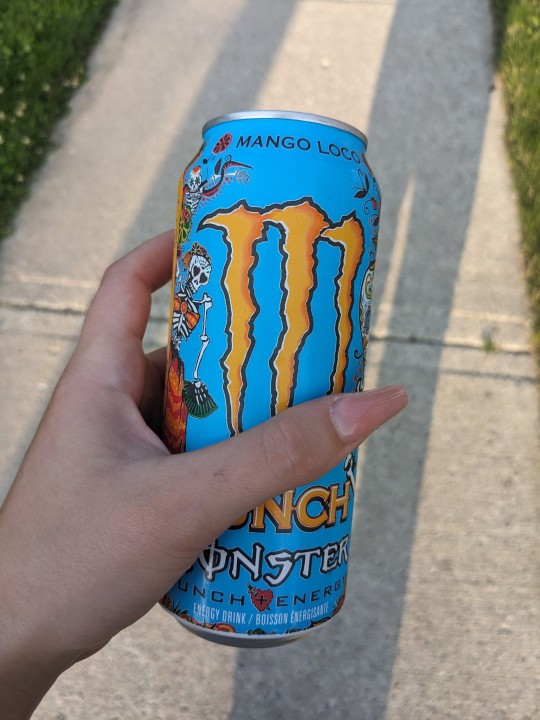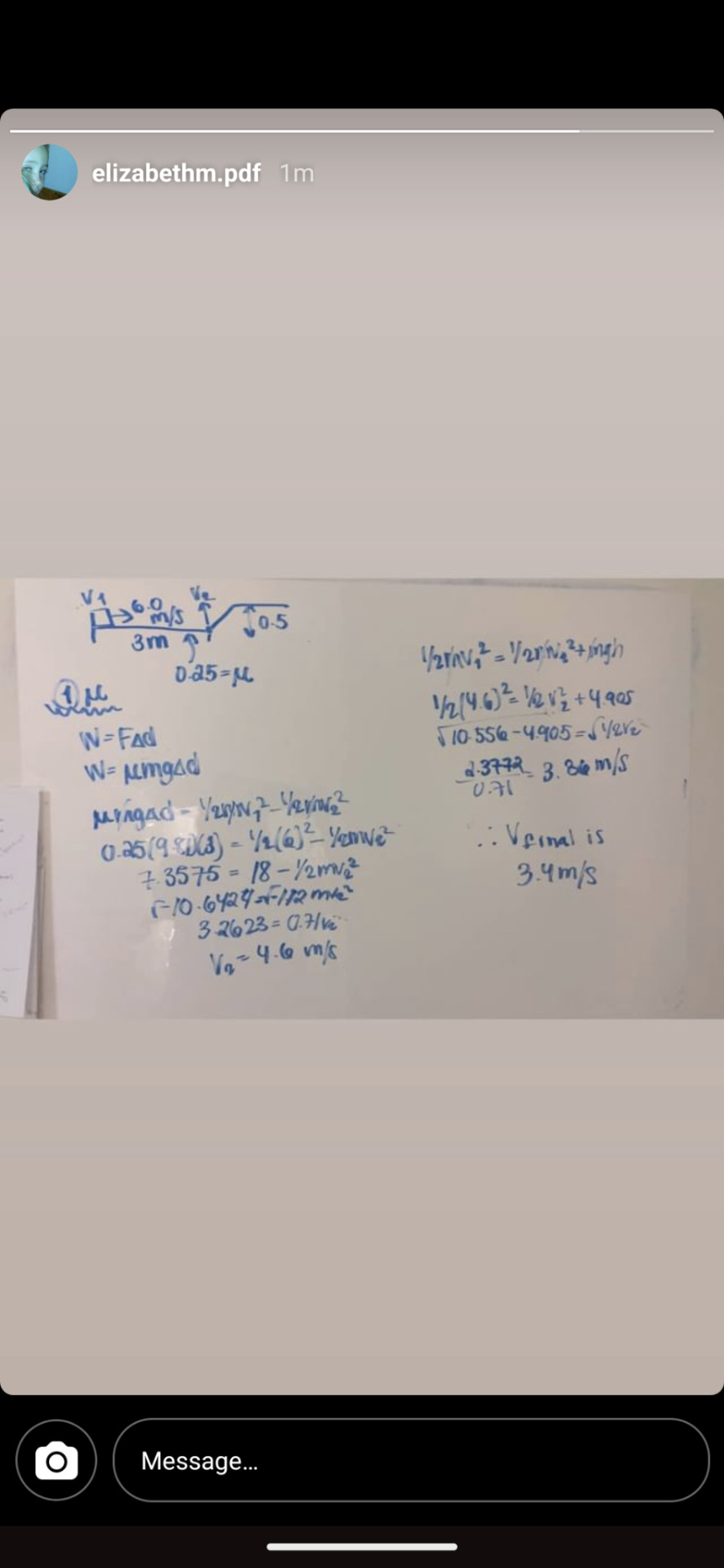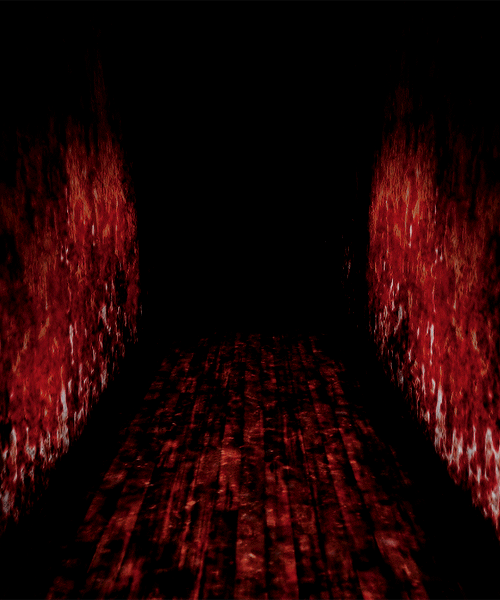Text

Best Greetings
Why Does Venus Have No Moon?
Mars original orbit was between Mercury and Venus with original orbital distance =84 million km and Mars had migrated into Mars current orbital distance (227.9 million km)
Through Mars motion from (84 mkm) to (227.9 mkm), Mars had collided with Venus (at first) and then with Earth (at second) and then reach to its current orbital distance point (227.9 mkm).
Mars had moved from (84 mkm) to (227.9 mkm) under force for that Mars had pushed with it all collisions debris in its motion direction
By that Venus had found NO Debris Around – For That- Venus Couldn't Create Its own Moon
From these collisions debris the Earth could create its own moon and also Mars moons are created from them and the rest debris are attracted by Jupiter Gravity and Created The Asteroid Belt.
Means,
Mars itself had collided with Earth and caused the moon creation
The planets order (Mercury – Venus –Earth) proves Mars was the second planet after Mercury
My diameter equation proves Mars original orbit was between Venus and Mercury because Mars diameter is created based on its original orbit and for that this original orbit data is found in Mars diameter equation-
Notice
Pluto Was The Mercury Moon and had migrated with Mars migration- the same one reason caused the two planets migration,
Shortly One great force stroke Mercury, Pluto and Mars, in order
Means, Mercury had received the most strong stroke directly, Mercury couldn't escape from its fate. But Mercury axial tilt was (One Degree) and after the stroke be (0.01 Degree or even Zero)!
The third stroke be received by Mars by which Mars had Migrated
The second stroke be received by Pluto, which caused Pluto to be flying along the solar system and reach to the end point of the solar system.
The solar system end point with distance (5906 million km) is a defined geometrically –
Before Pluto migration –
Neptune orbital distance was 5906 mkm
Means, Neptune was in the position in which Pluto now be found.
Pluto had flying along the solar system distance and reach to Neptune position, and had collided with Neptune, pushed it out of its orbit and then put it out of (Pluto Influence area) – That's why Pluto Neptune Distance = Pluto eccentricity Distance
Notice
Almost Pluto moon is created by this collision with Neptune means- Pluto almost was a great in size as Mercury but Pluto is broken by the collision with Neptune in two parts Pluto and its moon (many proves are found in my paper for this fact)
Thanks a lot
Physics Nobel Prize For Imaginary Ideas!
or
Gerges Francis Tawdrous
Peoples' Friendship university of Russia – Moscow
ORCID https://orcid.org/0000-0002-1041-7147
Facebook https://www.facebook.com/gergis.tawadrous
Tumblr https://www.tumblr.com/blog/itsgerges
Livejournal https://gerges2022.livejournal.com/profile
box https://app.box.com/s/47fwd0gshir636xt0i3wpso8lvvl8vnv Academia https://rudn.academia.edu/GergesTawadrous
28 notes
·
View notes
Text



Studied with a friend, did surgery on a dinosaur eraser, and created an entity
0 notes
Note
hihi you started uni at 16?? woah that’s so cool!! how did you even do that??
anyway that’s not rlly the point of my ask. given the fact that you want to become an astrophysicist or quantum physicist (that’s so cool btw) I’m assuming you’re good at it, so do you have any tips for studying physics, getting good marks in phy exams etc? bc I’m in tenth grade rn and phy is my weakest subject
-🐚
Hi! Honestly I just applied a year earlier than most (it's legal in my country, but uncommon), and I was lucky enough to get in! And my birthday just falls so that I'm one of the younger people in my year, although not the youngest.
I'm sorry about how long this answer took, I really wanted to take my time to give you a proper answer, so here is a few tips from my personal experience:
Practice Questions! I'm sure you hear this one a lot, but people really underestimate how different studying mathematical subjects is to most other ones. You can't just memories question types or make fun flashcards (although that's something you can do, you just cant do it on its own). You need to be practicing questions, whether its from textbooks, or ideally past papers. The main reason for this is you have to be able to sit and a look a question and figure out what to do with it. It's not always easy and clearcut and you will probably struggle a lot at first. It's important to be resilient and not let this discourage you, remember you learn the most from making mistakes. I promise you, the more you practice, the more you will be able to make those daunting first steps.
Prioritize your time. What I like to do is start with what topic as a whole I'm worst at (usually quantum physics), and look at all of the questions I can find on that. Then, if I think i can do a type of question correctly consistently, I'll maybe only do one of those, or skip entirely depending on time constraints. If I think I can do a type of question correctly, but only sometimes, I'll pick out 3-8 of those depending on the lengths, and work through them, making sure I understand why I'm doing everything. If I think i cannot do a type of question at all, I will read over the theory, watch some videos on it, and then practice questions until I think I can do it correctly at least sometimes.
Try to link different topics together. This is probably what I struggle the most with (bc it isn't always easy). If an equation is used in two separate topics, try to really think about why it works in both applications. This will help you understand what the equation really does and how you can apply it in your questions.
These are some pretty general pointers to help you get started (i hope its not too repetitive from what you've heard before, and i hope i can help at least someone out there!
53 notes
·
View notes
Text

💗
3 notes
·
View notes




















































